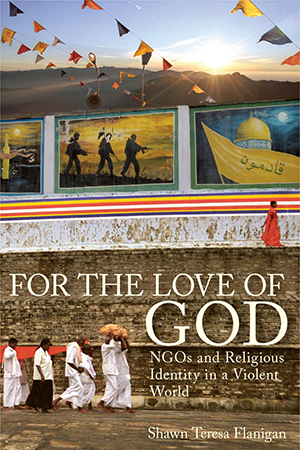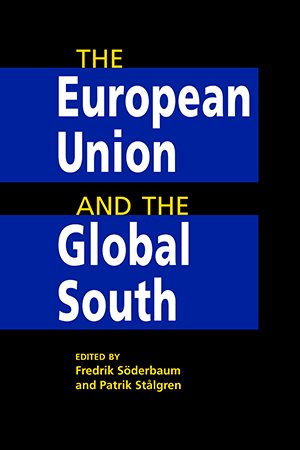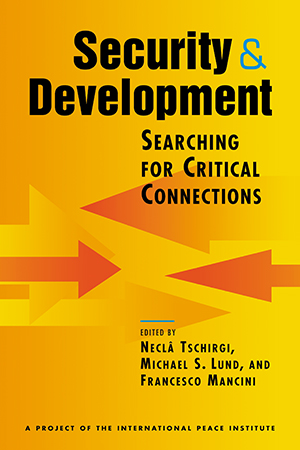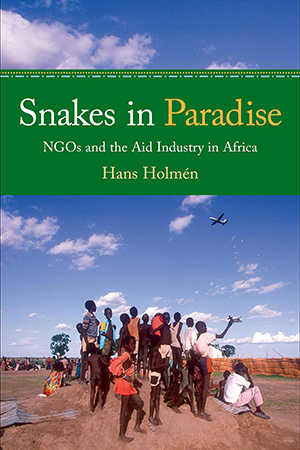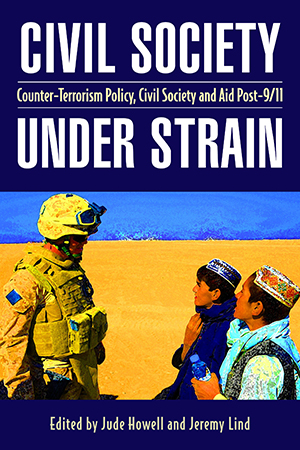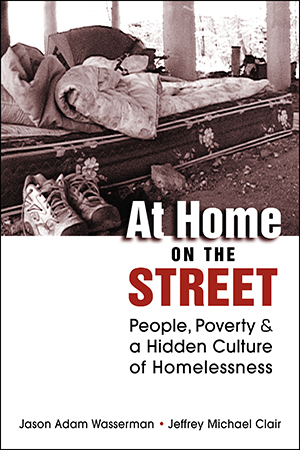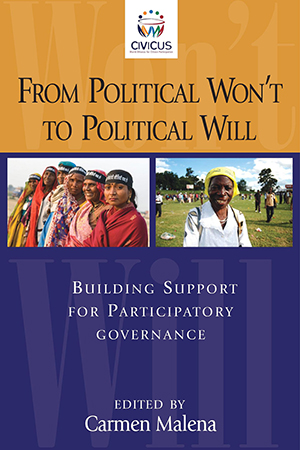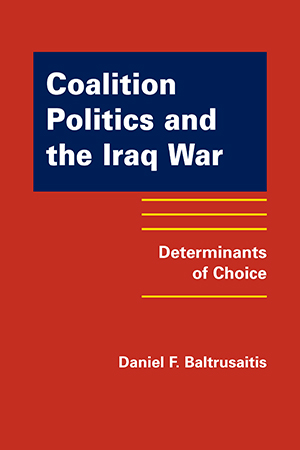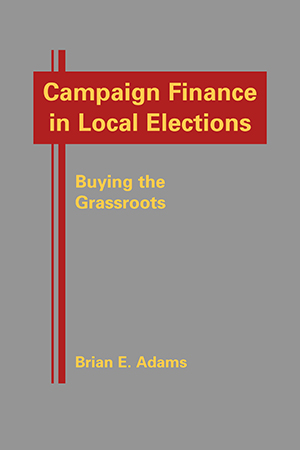BOOKS
Shawn Teresa Flanigan looks at the role of faith-based nonprofit organizations (FBOs) in the context of international development to explore the ways that history and religious identity have More >
Choice Outstanding Academic Book! The development of coherent and effective relations with other regions and countries is one of the most challenging tasks faced by the European Union. More >
Although policymakers and practitioners alike have enthusiastically embraced the idea that security and development are interdependent, the precise nature and implications of the dynamic More >
Beginning in the 1980s, sub-Saharan Africa witnessed a veritable explosion of NGOs and CSOs engaged in efforts to develop the subcontinent. Often praised for their commitment, flexibility, More >
As they investigate the convergence of security and development objectives following the attacks of September 11, 2001—in particular as this relates to civil society—the authors More >
In their compelling examination of what it means to be truly at home on the street, Jason Wasserman and Jeffrey Clair argue that programs and policies addressing homeless people too often More >
Citizens in both the North and the South lack opportunities, rights, and access to information and have expressed growing disillusionment with their governments. Ordinary citizens More >
Why do states join ad hoc military coalitions? What motivated South Korea to contribute significantly to the Iraq War "coalition of the willing," while such steadfast allies as More >
Even in local elections, money matters—but just how much? Drawing on multifaceted data from more than 700 races featuring 2,800 candidates, Brian Adams comprehensively investigates the More >
If one died and could not reach heaven, went the saying in Latin America during the presidency of José Batlle y Ordoñez, one might get at least as far as Batlle’s More >



